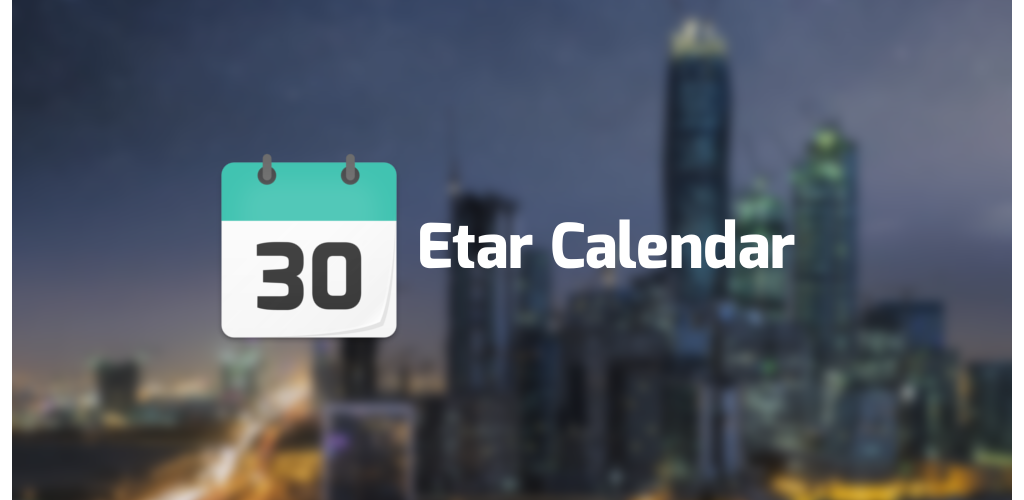CalendarRepository is currently a monolithic file that contains all operations related to Calendars. While it is true that the Repository is meant to be a source of truth. It is not the case to have all operations in it. Instead, splitting the repositorys data accessor functions into datasources lowers the code complexity of the repository itself, letting it focus on proper tasks such as actually handling dataflow and truth. A final adjustment is adding an interface between the actual implementation of the repository and the UI layer. This allows UI developers to not be overwhelmed looking at implementation code, and instead focus on accessing methods they need. Another small change made in this is replacing the usage of LiveData in the data layer. LiveData is a UI level structure meant best to be used with old android views, not for the data layer. Replacement with Kotlin Flow fits the proper scheme for what the data layer is tasked with. To lower the amount of changes, the UI layer handles the change of the Flow into LiveData via the `asLiveData()` extension function. This change also removes ContentProviderLiveData.kt, which is simply replaced with `callbackFlow`. Copyright has also been updated for respective files. |
||
|---|---|---|
| .github | ||
| app | ||
| external | ||
| gradle/wrapper | ||
| metadata | ||
| tests | ||
| .editorconfig | ||
| .gitignore | ||
| .gitmodules | ||
| Android.mk | ||
| build.gradle.kts | ||
| gradle.properties | ||
| gradlew | ||
| gradlew.bat | ||
| LICENSE | ||
| LICENSE.apache2 | ||
| PrivacyPolicy.md | ||
| README.md | ||
| settings.gradle.kts | ||
Etar Calendar
Etar (from Arabic: إِيتَار) is an open source material designed calendar made for everyone!
Why?
Well, I wanted a simple, material designed and state of the art open source calendar that anyone can make better.
Special thanks
The application is an enhanced version of AOSP Calendar. Without the help of Free Software for Android team, this app would be just a dream. So thanks to them!
Features
- Month view.
- Week, day & agenda view.
- Uses Android calendar sync. Works with Google Calendar, Exchange, etc.
- Material designed.
- Support offline calendar.
- Agenda widget.
- Multilingual UI.
How to use Etar
Store your calendar on the phone only:
- Create an offline calendar.
Sync your calendar to a server:
- A cloud-synched calendar could be a google calendar, but you can also use any other public Caldav-server or even host your own (which would be the only way to keep full control over your data and still have ONE calendar usable from different devices.) To sync such a calendar to some server you need yet another app, e. g. DAVx5. That’s necessary because a Caldav client isn't included in Etar.
Technical explanation
On Android there are "Calendar providers". These can be calendars that are synchronized with a cloud service or local calendars. Basically any app could provide a calendar. Those "provided" calendars can be used by Etar. You can even configure in Etar which ones are to be shown and when adding an event to which calendar it should be added.
Important permissions Etar requires
- READ_EXTERNAL_STORAGE & WRITE_EXTERNAL_STORAGE
->import and export ics calendar files - READ_CONTACTS(optional)
Is queried the first time an appointment is created and can be rejected. But then search and location suggestions no longer work. ->allows search and location suggestions when adding guests to an event - READ_CALENDAR & WRITE_CALENDAR
->read and create calendar events
Known issues with the ICS import feature
Etar can import ICS files, for instance, received in invitation emails. The import feature is unstable and has a list of known bugs. Refer to https://github.com/Etar-Group/Etar-Calendar/pull/653 as a reference to those bugs. Use it with caution, especially, if your calendar provider automatically sends out invitation emails.
Contribute
Translations
Interested in helping to translate Etar? Contribute here: https://hosted.weblate.org/projects/etar-calendar/strings/
Google Play app description:
You can update/add your own language and all artwork files here
Build instructions
Install and extract Android SDK command line tools.
tools/bin/sdkmanager platform-tools
export ANDROID_HOME=/path/to/android-sdk/
git submodule update --init
gradle :app:assembleDebug
License
Copyright (c) 2005-2013, The Android Open Source Project
Copyright (c) 2013, Dominik Schürmann
Copyright (c) 2015-, The Etar Project
Licensed under the GPLv3: https://www.gnu.org/licenses/gpl-3.0.html Except where otherwise noted.
Google Play and the Google Play logo are trademarks of Google Inc.



